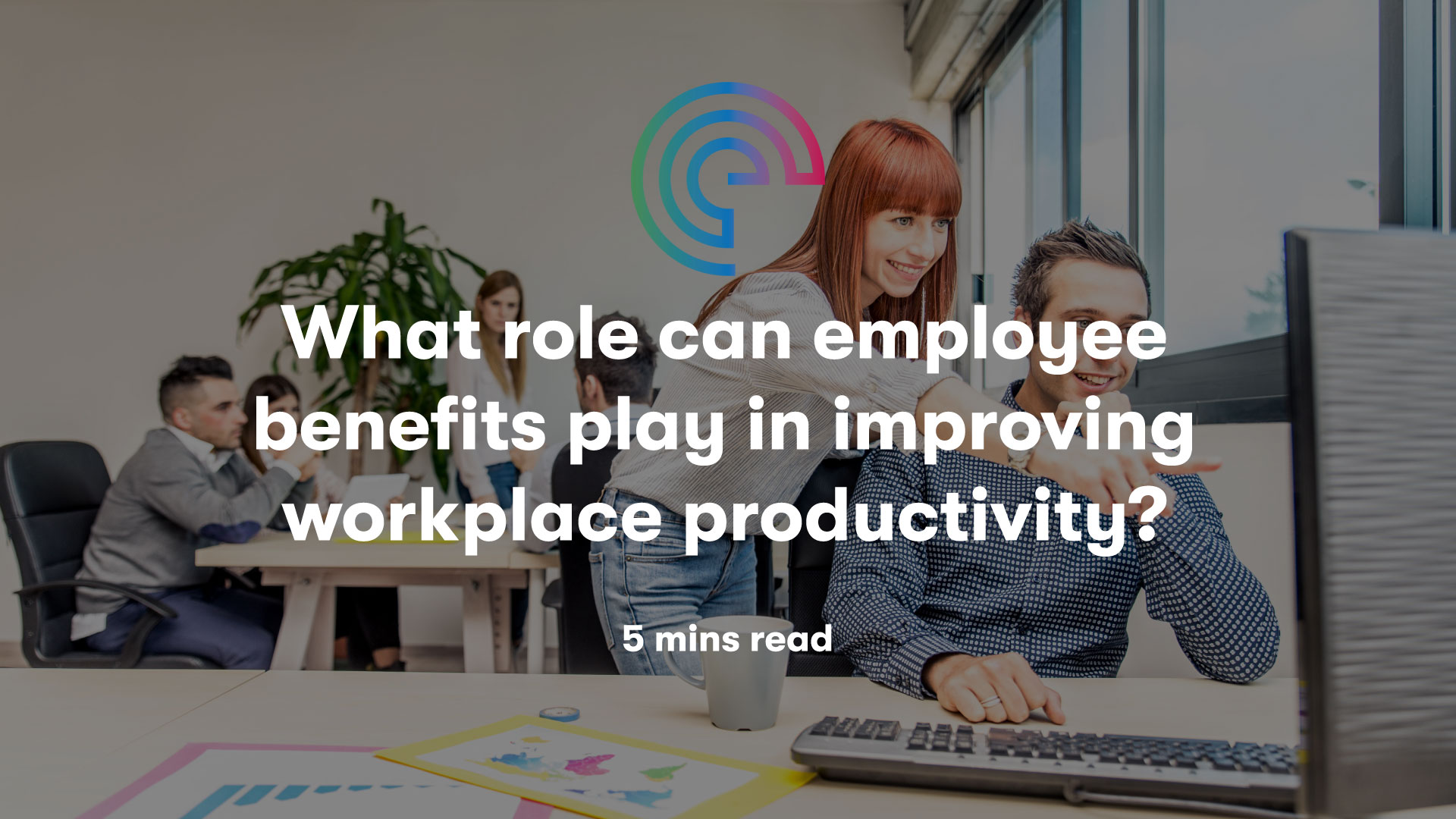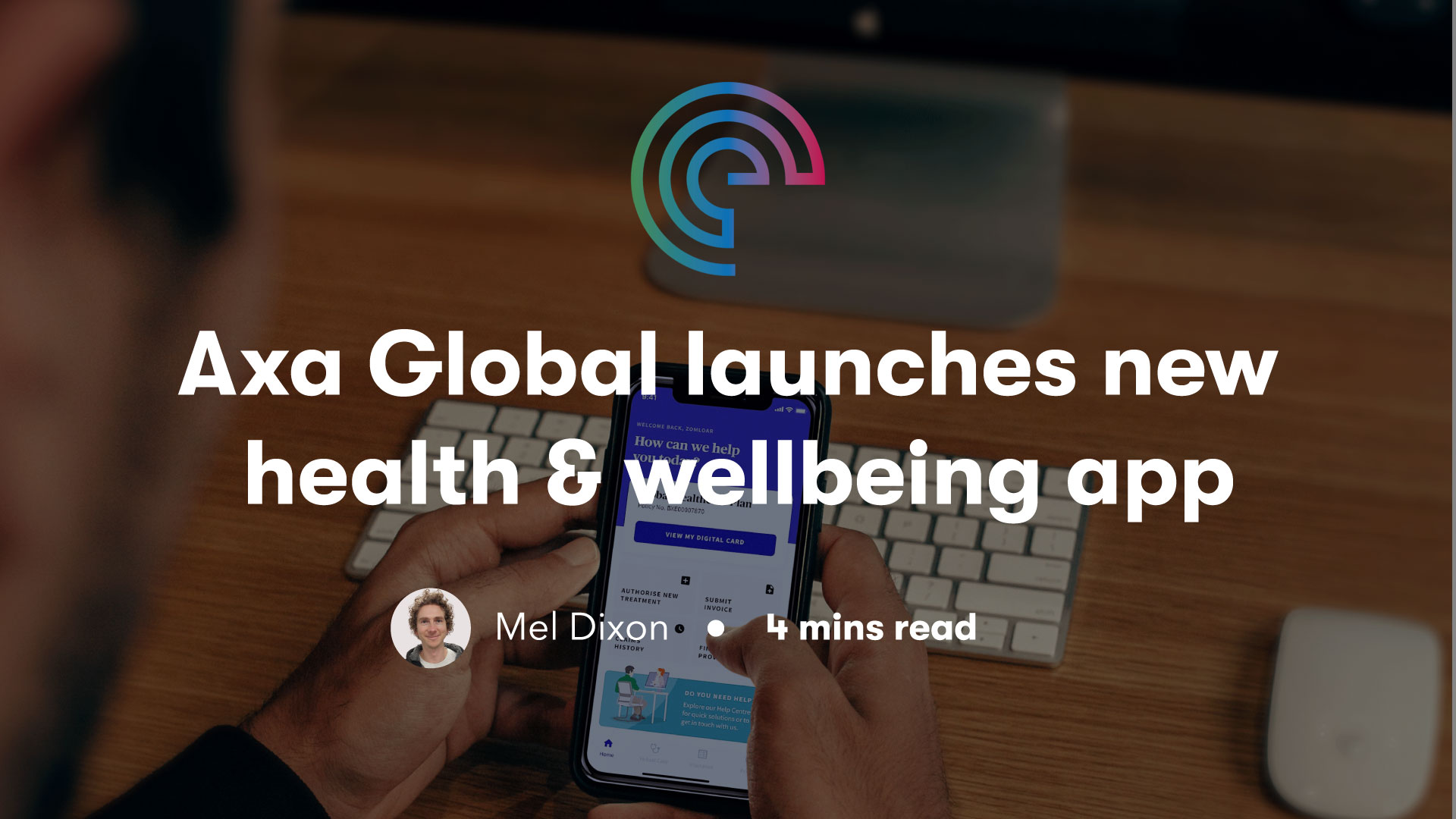Which sectors are offering their employees flexible working benefits after Freedom Day?
The long-awaited Freedom Day sent excitement throughout the UK with complete restrictions being lifted and a return to normality seemed possible, despite 1 in 75 UK people being infected.
A week since the reopening of the country, and the concerns are endless. Majority of young people still are not double vaccinated, face masks are being seen less and less, and having to self-isolate is now an everyday occurrence as we enter the pingdemic. One factor is the shift in working patterns where companies now must decide the model of flexible working that they will adopt.
So, which sectors are offering flexible working benefits? Why not all?
1. What does flexible working benefits mean?
Flexible working benefits gives an employee more control in how they want to work in the post-pandemic world. Over the past 7 days, the percentage of UK working adults exclusively working from home has decreased from 23% to 21% (Opinions and Lifestyle Survey). This shows the need for a combination in flexible working benefits, where not everyone is desperate to come back into work.
An example of flexible working benefits could be adjustment of start-finish times or leniency around shift patterns, or a hybrid model of both WFH (Working from Home) and in-person.
The pandemic has brought forward the importance of a work-life balance, with the wellbeing of employees becoming a top priority to companies. It is important that companies are offering a range of different working options to ensure that each employee’s needs are included as the country returns to normal.
2. Debate around flexible working post-freedom day
Examples supporting flexible working benefits are childcare, more family time, increase in anxiety and mental health issues around returning to work, finances with food and travel, long commutes, wanting to travel whilst working or living abroad, vulnerable health or shielding.
The Envoy Report outlines that 70% of UK workers say the hybrid model would provide personal benefits. 34% believe it would improve mental health, with 41% saying it would allow for a better work-life balance.
These opinions are not shared by everyone. Workers not coming into large offices creates a ripple effect on smaller businesses e.g. coffee and lunch cafes or cleaning companies. Direct physical interactions are highly important for human behaviour, with people having felt increasingly isolated during the pandemic.
This is the other side of mental wellbeing that has been impacted by the change in how the country is working.
3. Challenges that companies are facing
To ensure everyone is included, companies are facing many challenges. Some of these challenges are listed below:
- Health and safety commitments of existing company policies not covering health issues of employees WFH
- Administration to cover extra monitoring creating a heavier reliance on HR
- The company becoming split between those WFH and those in the office – resulting in resentment or a loss of company cultures
- A rethink of communication to maintain a work community
- Anxiety, stress, depression of employees
- Physical health risks – COVID and self-isolation
3. Sectors which are able to provide flexible working benefits
Listed below are sectors that can offer flexible working benefits:
- Insurance
- Accountancy
- Higher positions in large businesses
- Publishing
- Entertainment
- Banking / finance
- Programming
- Social media marketing
- Content marketing
- PR
Technology is a vital part as to how these sectors can provide flexibility to their employees. Maintaining connection is possible through programmes such as Zoom or Microsoft Teams. The nature of work is also important, where office-based companies can transfer easily to a home set up.
4. Sectors which are not able to provide flexible working benefits
Listed below are sectors that cannot offer flexible working benefits:
- Hospitality
- Retail
- Manual labour
- Construction
During COVID, these sectors have only been able to keep their employees in work through furlough schemes or PPE precautions.
A week from Freedom Day and these sectors have become completely overrun because of the pingdemic with a record of 600,000 people having to self-isolate. Establishments become heavily understaffed, with the employees that are in work being faced with more abuse from customers leading to an unhealthy work environment.
5. Examples of companies that are implementing flexible working benefits
JOHN LEWIS:
Providing flexible working hours for head office staff. All future job vacancies will be advertised with a flexible working option and support provided to the company partners being given the chance to figure out how and where they want to work.
ASDA
Offering a permanent hybrid working model for head office staff. Other employees will be given the option of what stores to work in based on the best location.
AVIVA
16,000 UK workers, 95% want a mixture of flexible and remote working. Many staff also value being in the office e.g. employees that live alone or don’t have access to a suitable working space.
6. Examples of companies that are not implementing flexible working benefits
FINANCIAL INSTITUTIONS:
- GOLDMAN SACHS
- BARCLAYS
- NATWEST
The financial sector is massively keen to get workers returning to work. Due to the push back of Freedom Day and numbers of cases still rising, most banks are still having to follow a hybrid working model.
These companies believe interactions are essential for productivity and work cultures, so a hybrid model is the only flexibility they are offering.
ICELAND FOODS
3% of total UK staff (more than 1000 workers) are self-isolating, resulting in the store hiring 2000 extra staff to cover. Instead of offering flexible working benefits.
7. Employee wellbeing as a priority
No matter what the company policy is on flexible working benefits, the top priority is the comfort and engagement of the employees. Following government guidelines, any business can begin to open after holding open communications with their employees. The necessary steps outlined on the GOV website:
- Complete health and safety risk assessment
- Ventilation
- Maintaining clean environment
- Enforce self-isolation of anyone experiencing COVID symptoms
- Enable the NHS check-in
- Communicate and train
It is the responsibility of institutions to establish a safe workspace for the physical, mental health, and financial wellbeing of employees. Corporate wellness is a high priority. If this isn’t the case, employees can reach out through Citizens Advice or Health and Safety Executive.
Contact Engage Health Group to discuss how your business can provide flexible working benefits to your staff to support their wellbeing. We are happy to give you free, no-obligation advice.









